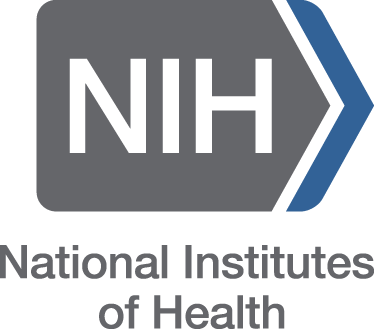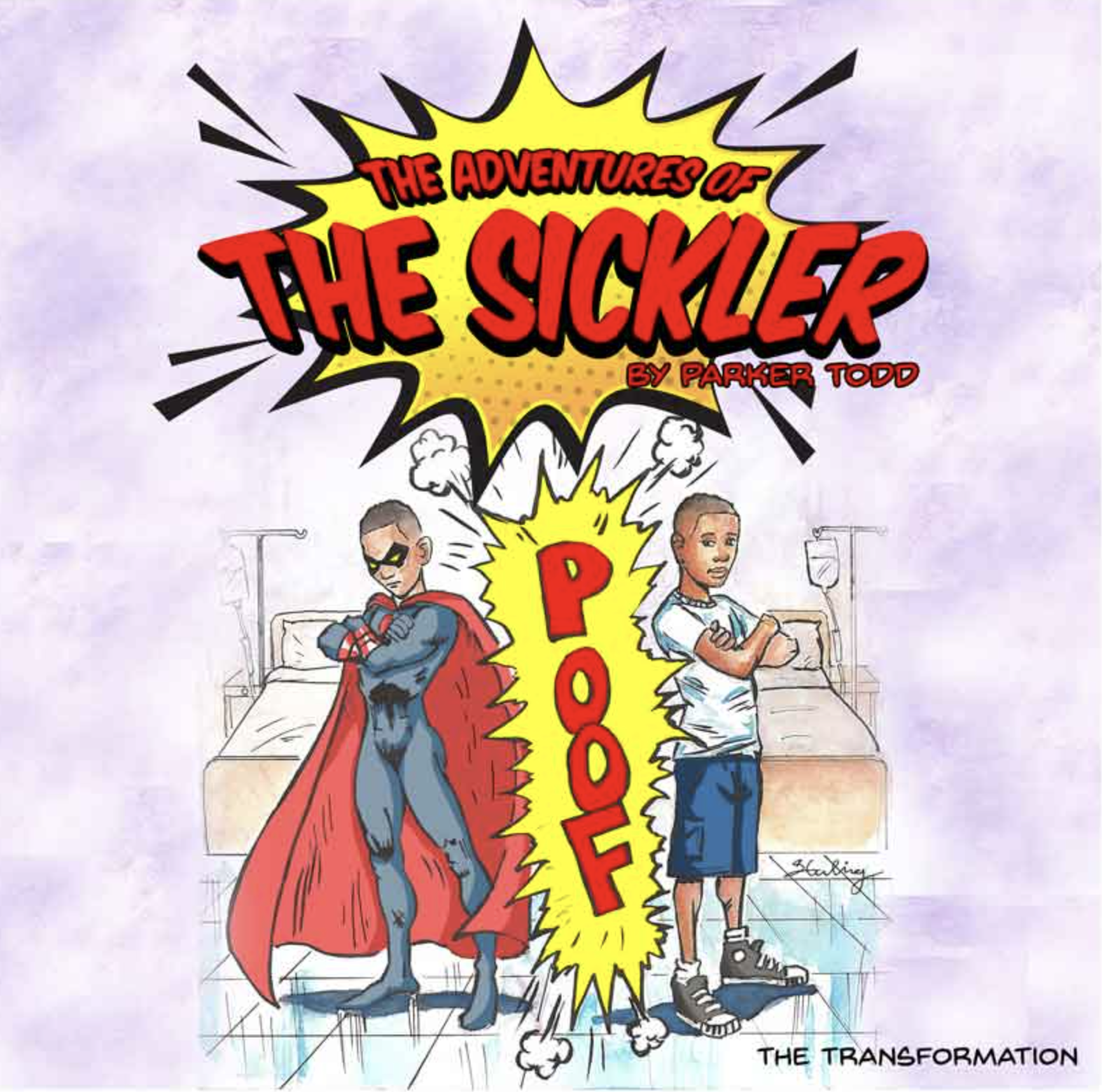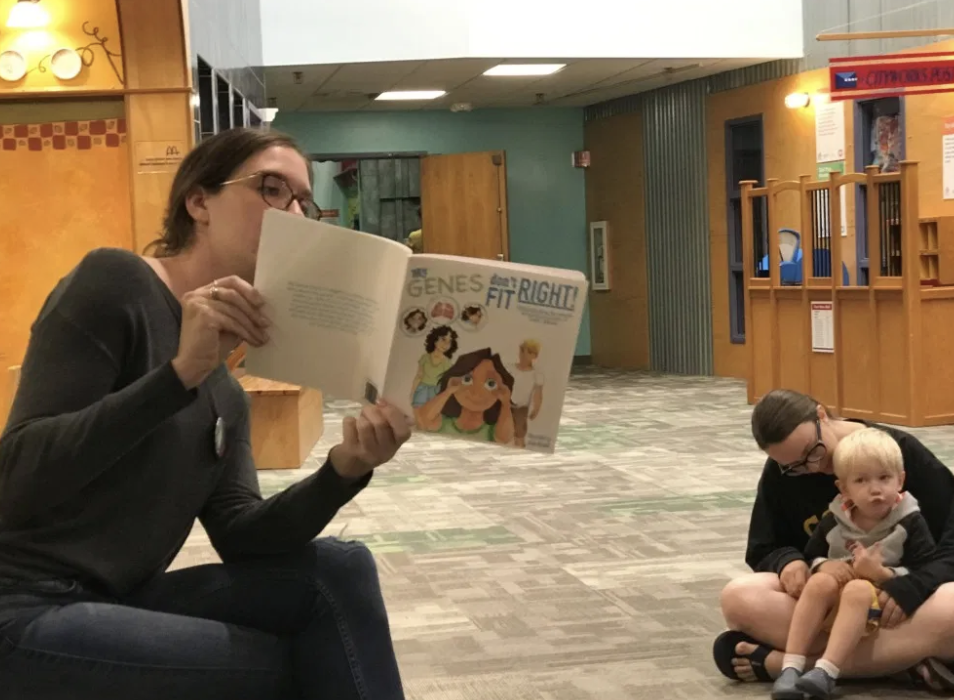Inherited Diseases
Breadcrumb
Discover Genetic Disorders
Genes are the building blocks of heredity. Because parents pass their genes on to their children, some diseases tend to cluster in families, similar to other inherited traits. In most cases, multiple genes are involved. Changes in genes can prevent the gene from doing its job the way it normally would. Some differences in DNA, for example, can lead to incorrectly formed proteins that can’t perform their functions. Also, genetic variations can influence how people respond to certain medicines or a person’s likelihood of developing a disease.
A genetic disorder is a disease caused in whole or in part by a change in the DNA sequence away from the normal sequence. Genetic disorders can be caused by a mutation in one gene (monogenic disorder) or by mutations in multiple genes (multifactorial inheritance disorder), and some diseases are caused by mutations that are inherited from the parents and are present in an individual at birth.
Do you want to learn more?
Discover an NNLM Reading Club book and get the conversation started.
 Discover MedlinePlus
Discover MedlinePlus
MedlinePlus is a service of the National Library of Medicine, the largest biomedical library in the world. Use Medlineplus.gov anywhere, anytime, on any device - for free - to discover high-quality health and wellness information that is reliable, easy to understand, and free of advertising, in both English and Spanish.
Discover information on:
Also discover MyHeathfinder.gov to Learn About Your Risk of Breast and Ovarian Cancer: Questions for the Doctor.
Discover NIH
 The National Institutes of Health (NIH), a part of the U.S. Department of Health and Human Services, is the nation’s medical research agency — making important discoveries that improve health and save lives. NIH is made up of 27 Institutes and Centers, each with a specific research agenda, often focusing on particular diseases or body systems.
The National Institutes of Health (NIH), a part of the U.S. Department of Health and Human Services, is the nation’s medical research agency — making important discoveries that improve health and save lives. NIH is made up of 27 Institutes and Centers, each with a specific research agenda, often focusing on particular diseases or body systems.
- The two primary NIH organizations for research on genetic disorders are the Eunice Kennedy Shriver National Institute of Child Health and Human Development and the National Human Genome Research Institute (NHGRI)
- National Institute of General Medical Services (NIGMS) supports basic research to increase our understanding of biological processes and lay the foundation for advances in disease diagnosis, treatment, and prevention.
- The National Cancer Institute (NCI) is the leading NIH institute researching BRCA Mutations
- National Heart, Lung, and Blood Institute (NHLBI) is the leading NIH institute researching treatment and cures for Cystic Fibrosis (CF) and Sickle Cell Disease
Discover More
Genetic Counselors
Genetic counselors are health professionals who are trained to help families understand genetic disorders and to provide information and support to those families. They may also serve as patient advocates by referring individuals or families to local services that can be of assistance.
Researchers can use DNA sequencing to identify variations in a person’s genome. Some variations between individuals result from epigenetic differences. These are changes in gene function, some of which can be inherited but are not the result of changes in DNA sequence. Genetic research is a powerful tool for treating medical conditions, but it is still a new tool. Many people whose families are affected by genetic disorders don't understand how it will affect their lives. Even genetic researchers and doctors don't fully understand how genes cause all genetic disorders. Genetic counselors work with doctors and families to help families get the information they need to understand the disorder.
Invite a genetic counselor to give a community talk about the role of genetic counseling, various genetic disorders, or the importance of discussing your family health history with your medical provider. You can find a genetic counselor from the website of the National Society of Genetic Counselors.
Young Readers




- The Adventures of the Sickler: The Transformation | Parker Todd | Scribble Scrabble Publishing | 2017 | 36 pages | ISBN: 978-0999364000
- Mallory's 65 Roses | Diane Shader Smith | Independently published | 1997 | 24 pages | ISBN: 978-0970035301
- My Genes Don't Fit Right!: Understanding the genetic inheritance pattern of cystic fibrosis | Abigail McKernon | Independently published | 2019 | 27 pages | ISBN: 978-179755029
- Mom's Genes | Shannon Pulaski | Cure Media Group, LLC | 2018 | 29 pages | ISBN: 978-099976660
Learn.Genetics
We all have genes that don't work properly. In most cases, the other copy of the gene makes up for the one that does not work properly and we are healthy. A problem only arises if we meet someone else who has a non-working copy of the same gene and we have a child who inherits two non-working copies of that gene. This is called recessive inheritance.
Sometimes if one of our genes is not working properly the other copy of the gene cannot make up for it and that causes a condition or an increased risk of developing a condition. Each time we have a child we randomly pass on one copy of each gene. If the child inherits the copy that doesn't work properly, they too may develop the condition. This is called dominant inheritance.
Examples of Single Gene Disorders
Examples of Multifactorial Gene Disorders
Featured Books



Terms of use: Network of the National Library of Medicine (NNLM) staff offer these health discussion resources for educational use. The materials included do not necessarily reflect the views or opinions of the author, publisher, or the sponsoring agencies of the National Library of Medicine (NLM) and the National Institutes of Health (NIH).

